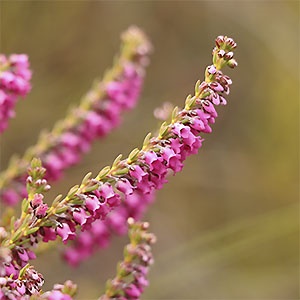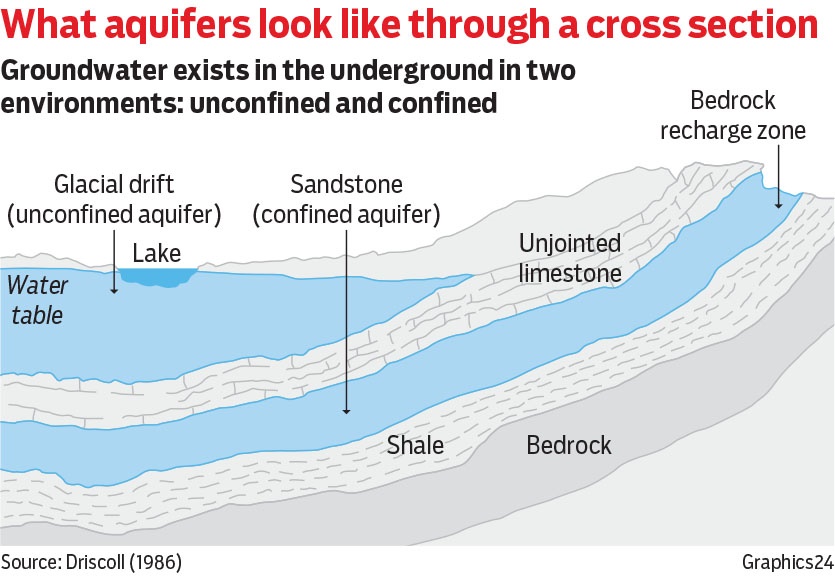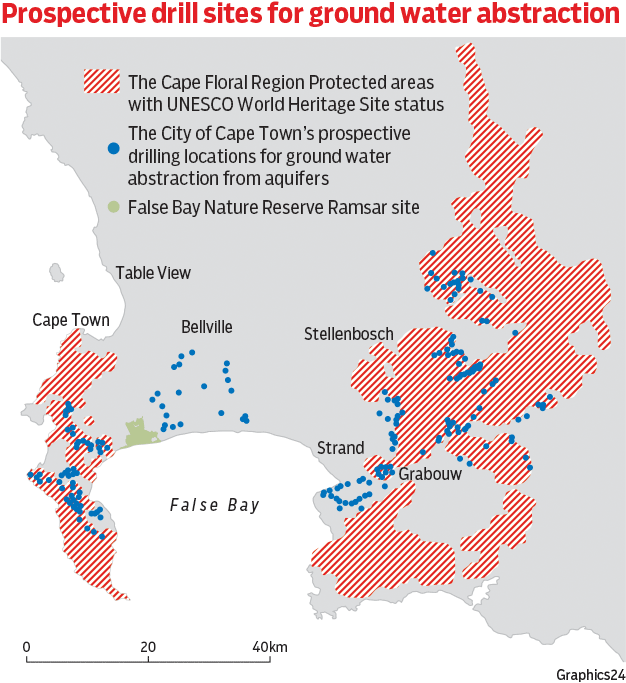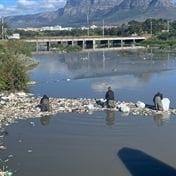
Aletta Harrison, News24
Cape Town – The City of Cape Town is gambling with the future of one of the world's most unique ecosystems as it pushes ahead with drilling for groundwater from the Table Mountain Group (TMG) Aquifer, ecologists are warning.
A group of environmental scientists have raised concerns over drilling operations in the vicinity of the Steenbras Dam, a nature reserve and part of the Kogelberg Biosphere Reserve. The area is one of several sites in the Cape Floral Region that enjoy protection due to the great number of endemic and rare species that occur within it.
The TMG Aquifer has been identified as a valuable resource – along with the Cape Flats and Atlantis aquifers – as the City of Cape Town scrambles to bring alternative water sources online. The City estimates the TMG Aquifer can yield 25 to 60 million litres a day.
Mayoral committee member for informal settlements, water and waste services councillor Xanthea Limberg confirmed that no environmental impact assessments (EIAs) were done prior to the commencement of drilling, but said that none were required under the licence conditions. Permissions were granted by the national Department of Water and Sanitation and the Department of Environmental Affairs.
Limberg added that the City has mitigation and monitoring measures in place, and it is confident its environmental approach is adequate.
"The City has a significant amount of research that's been done over the last 10 years or so, giving us a great understanding of the aquifers and where they exist and what risks there are when these sources are tapped into. And obviously, we believe that we are drilling in a very sensitive way by sticking to the yields that the Department of Water and Sanitation has approved but also complying [with] the environmental authorisations that have been granted from the Department of Environmental Affairs. And obviously, the environmental control officers also have to report accordingly and everything is documented in respect to the entire drilling exercise. And we believe all of these things combined, as well as the City's focus on replenishing these aquifers, will also ensure that we safeguard these water sources," she told News24.
City compromising 'critical ecological infrastructure'
But Associate Professor Adam West from the University of Cape Town's biological sciences department says due to the particular vulnerability of the region's localised, threatened species, past studies do not negate the need for a thorough EIA.
West is part of a group of experts who drafted a letter of concern last week, addressed to City officials.
In the statement the group of prominent scientists warns that the City will "compromise critical ecological infrastructure upon which the health of the region and its people rely and potentially contravene several international commitments to which South Africa is a signatory".
To underscore just how vulnerable some of the plants in the region are, the letter points to a critically endangered species of protea, Mimetes stokoei, "whose entire world population would fit into a tennis court". Therefore, even an operation with a relatively small footprint could still devastate a particularly vulnerable population.
According to the scientists, a quick scoping exercise looking at the potential impact of the drill sites on threatened ecosystems and plant species found nearly all (214 of the 222) drill points for which there is spatial information occur within threatened ecosystems, which would normally trigger several stringent requirements for a thorough EIA.
The letter goes further to state that: "The drill sites also intersect with 5 652 known populations of species of conservation concern, representing 266 separate species… These are staggeringly high numbers for any development."
Risks not merited
It recommends similar scoping exercises should be done for fish, amphibians and freshwater invertebrates.
While the immediate impacts of infrastructure such as cables, pipes and vehicle access are a primary problem for ecologists, the secondary concern is how the falling water table may affect rare plants growing in marshy soil fed by groundwater.
In the document, the group points to the devastating impacts groundwater abstraction has had on eco-systems elsewhere in the world.
"International examples of where aquifer abstraction has gone horribly wrong include the unconfined Swan plain aquifer, near Perth, Australia, where pumping is now severely regulated to allow for an adequate ecological supply. This follows extensive die-back of Australian proteas (Banksia species) directly attributed to drawdown of the water table as a result of abstraction…"
West says while environmental scientists recognise that the City is in a crisis, risks of forging ahead without detailed and thorough assessments are not merited, considering the relatively low yields and the fact the TMG groundwater is only expected to come online in May, therefore having no real impact on Day Zero this year.
"If it does have an impact in dropping water tables, or causing collapses or causing reductions in flow, that might really manifest itself in a much longer timescale than we can detect in the short term," West says.
"Now, if we're looking long term and we decide this is an important resource to utilise despite the potential impacts then, that's fine – we can then follow due environmental process in doing so to mitigate that impact."
Limberg admitted that the City's augmentation schemes do not directly address Day Zero this year, but rather target the summer of 2019. Despite repeated requests by News24 for confirmation of the numbers and specific locations of prospective drill sites in the TMG Aquifer, the City of Cape Town failed to provide the information by the time of publication.




 Publications
Publications
 Partners
Partners

























